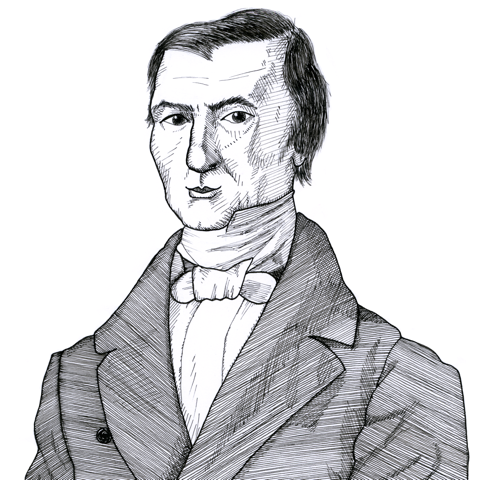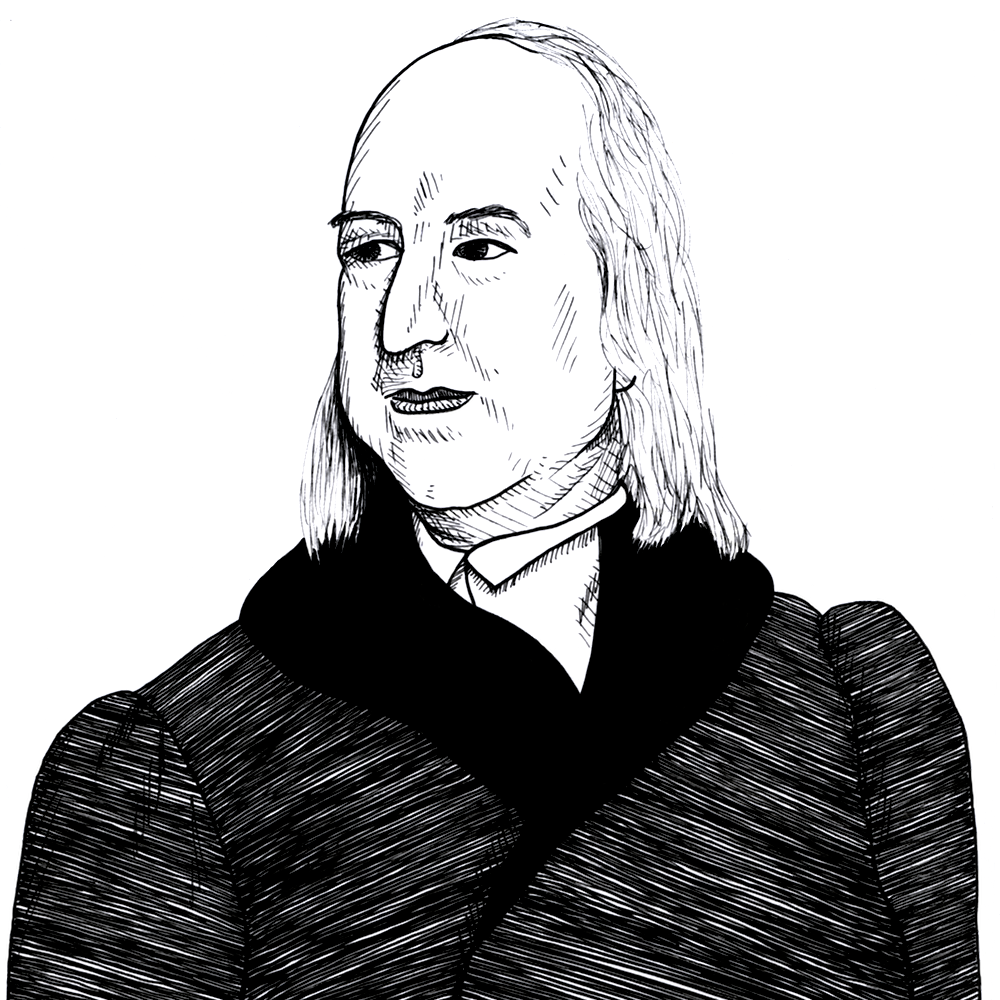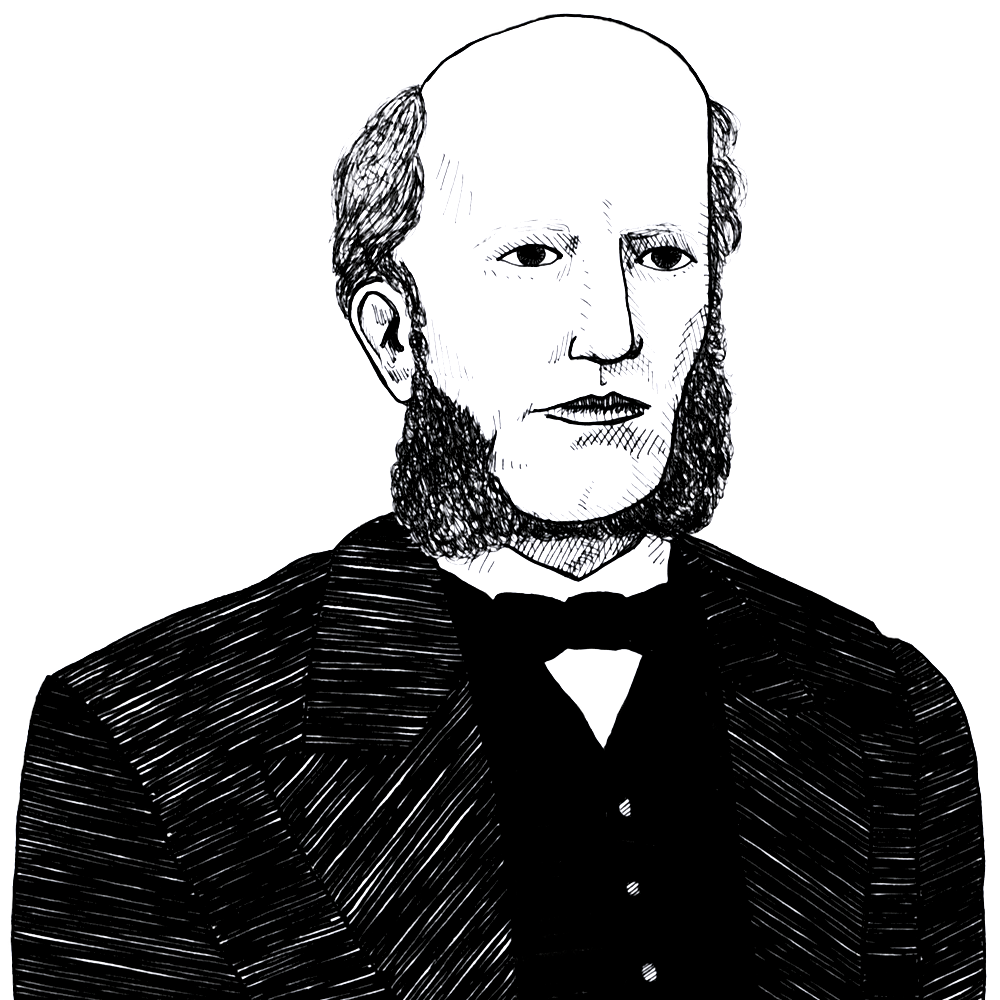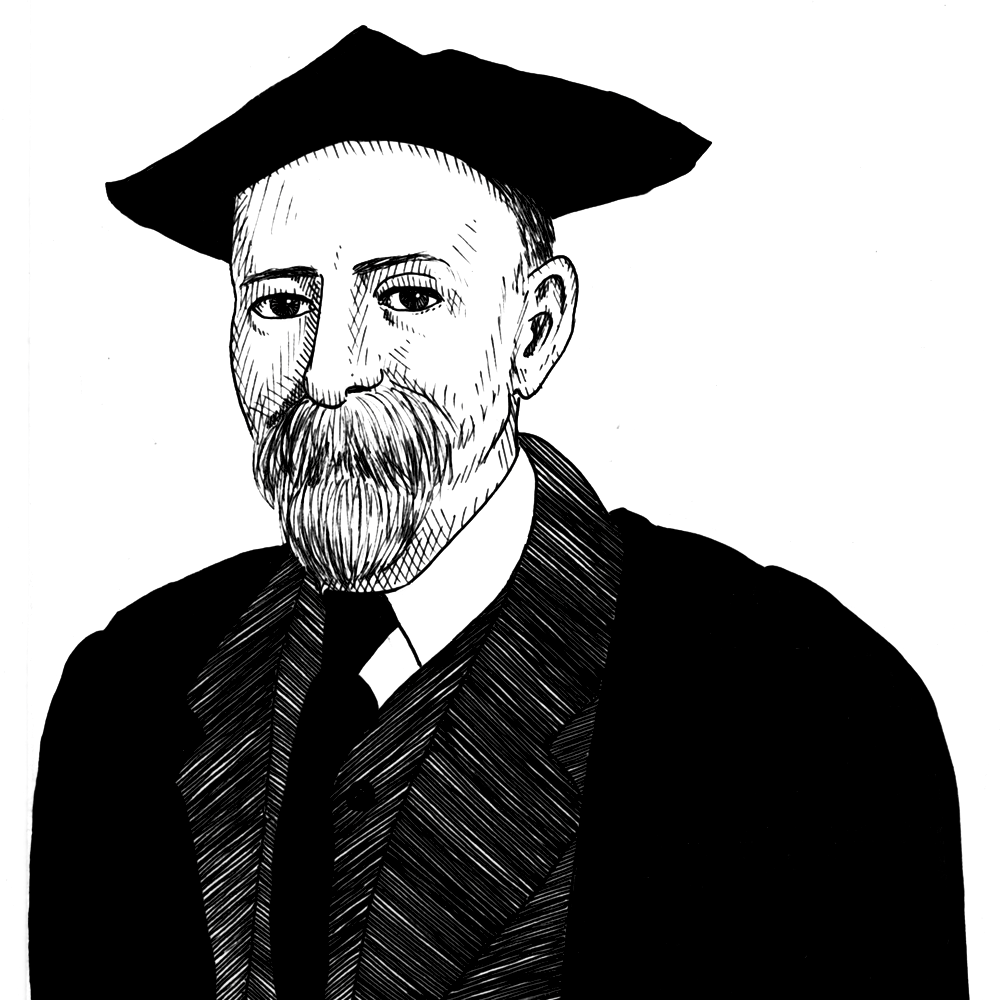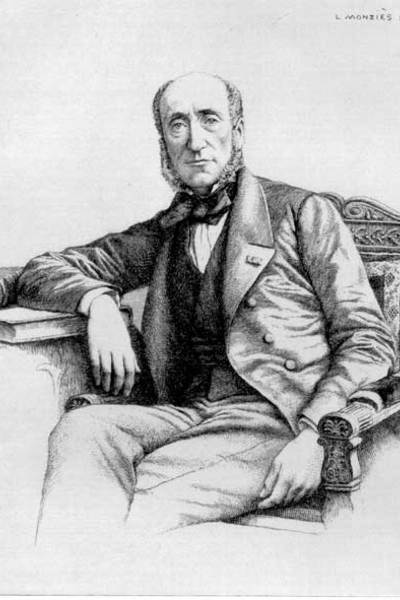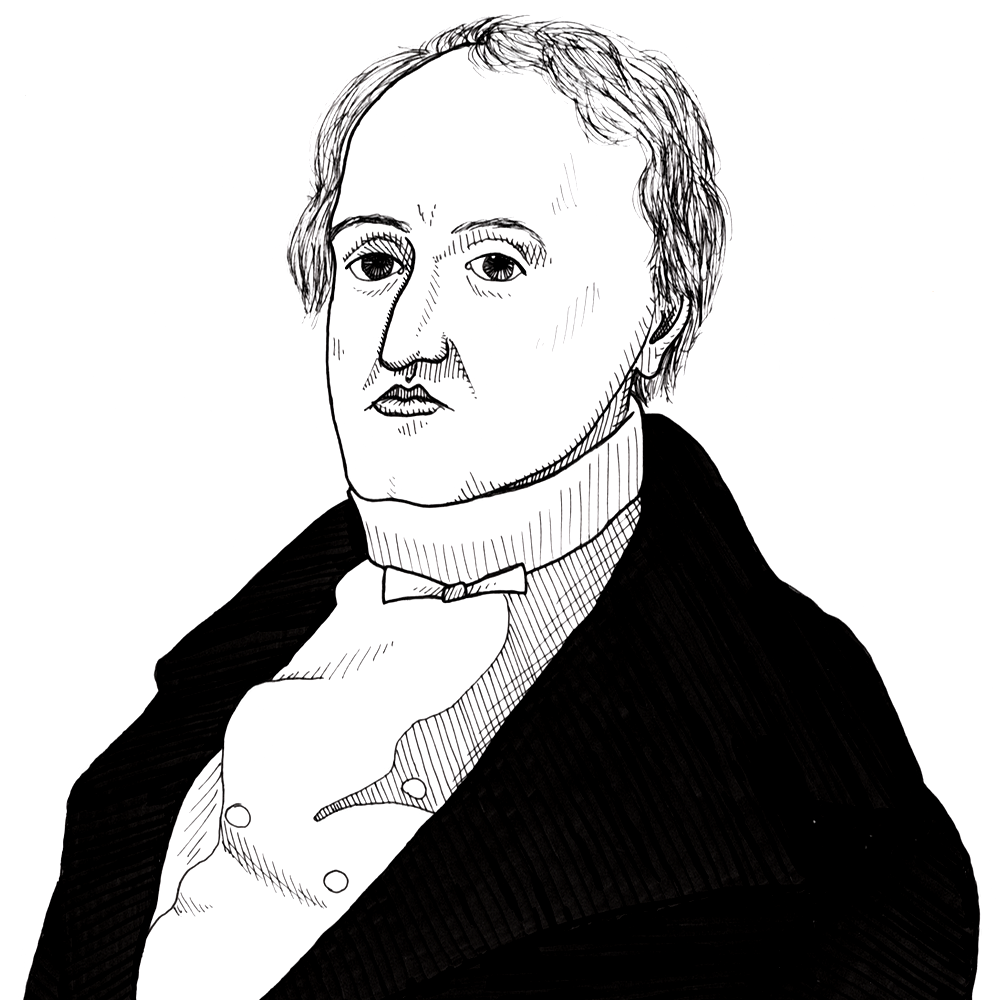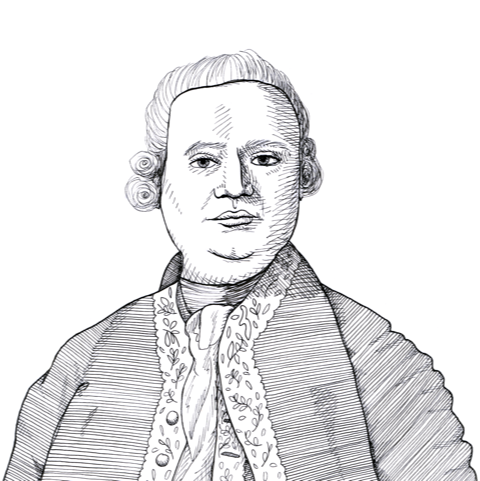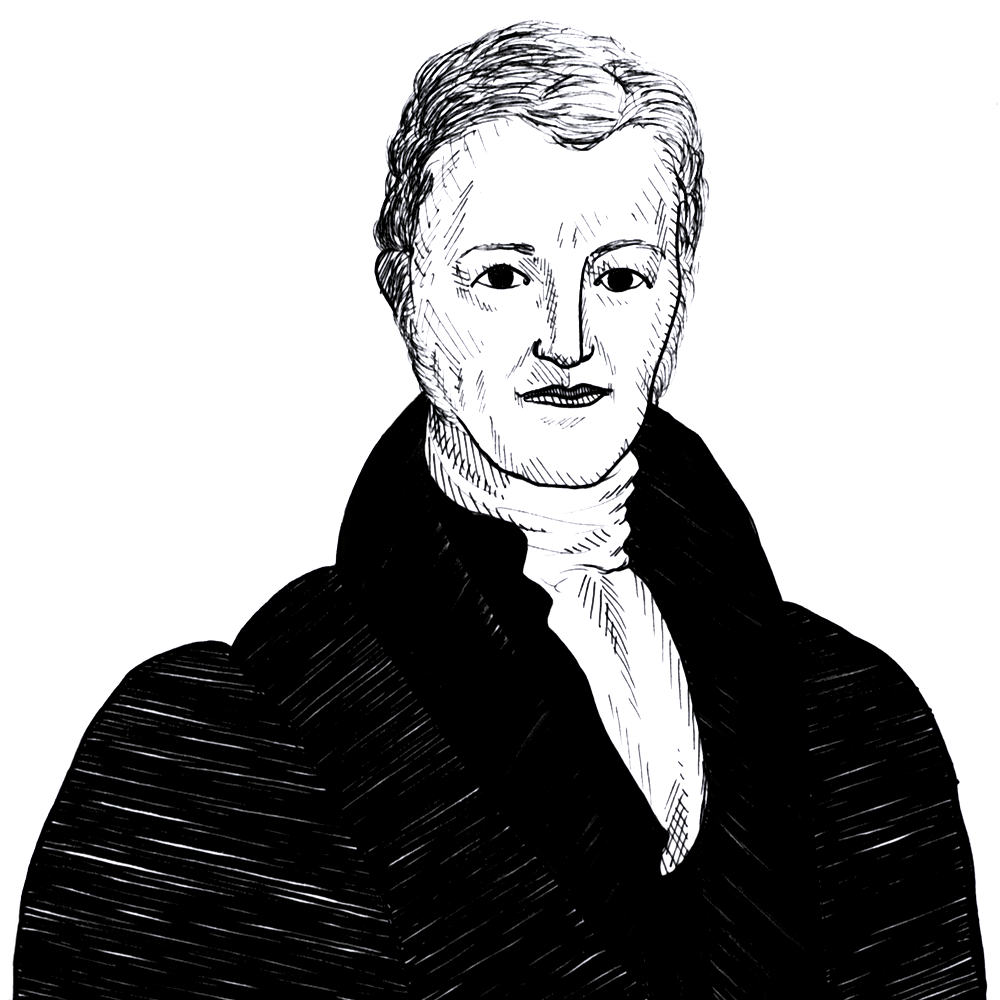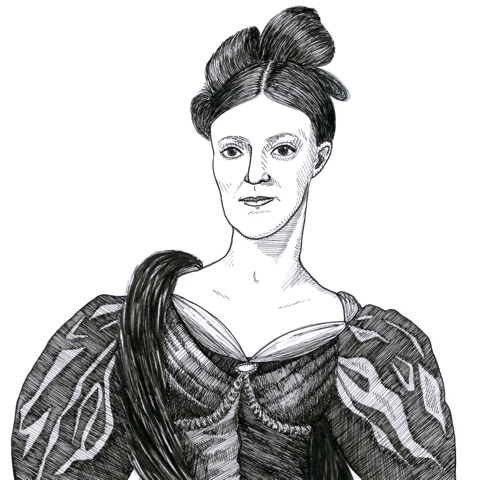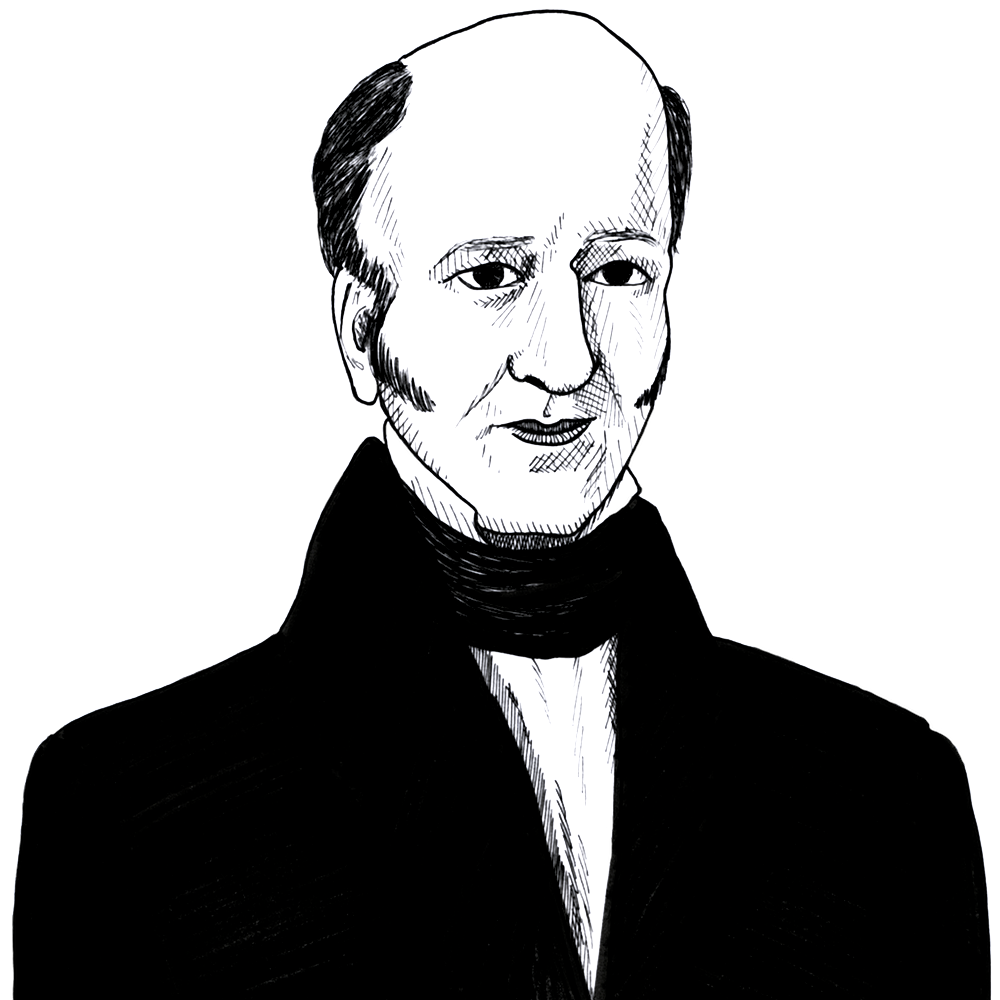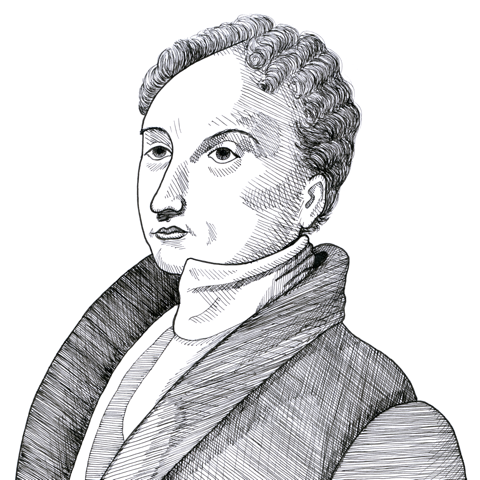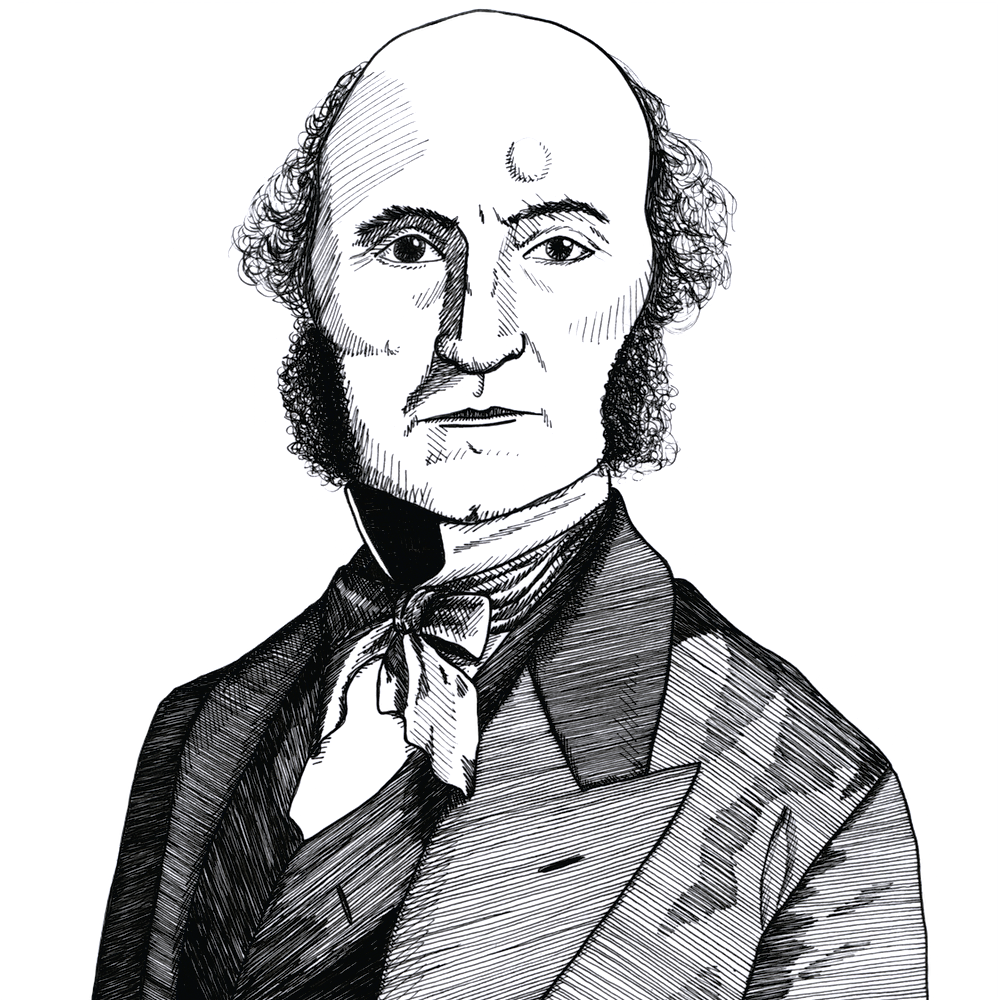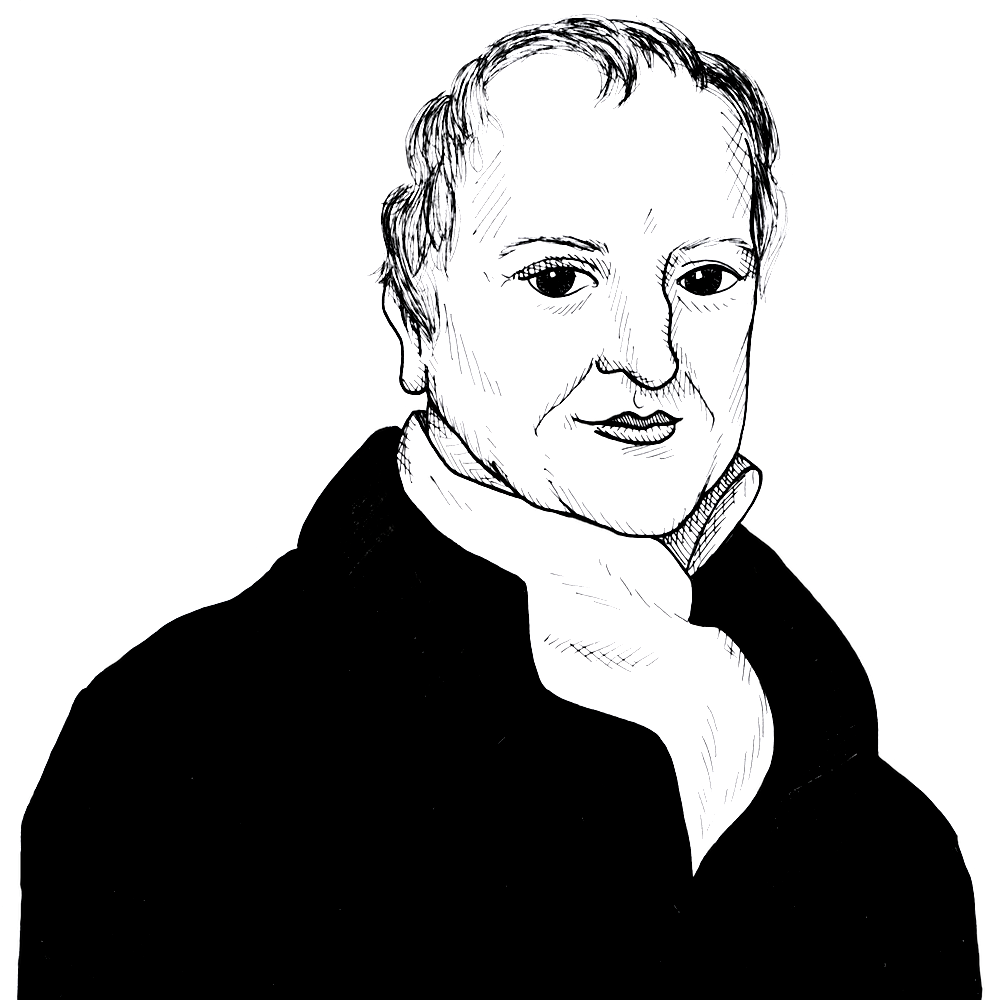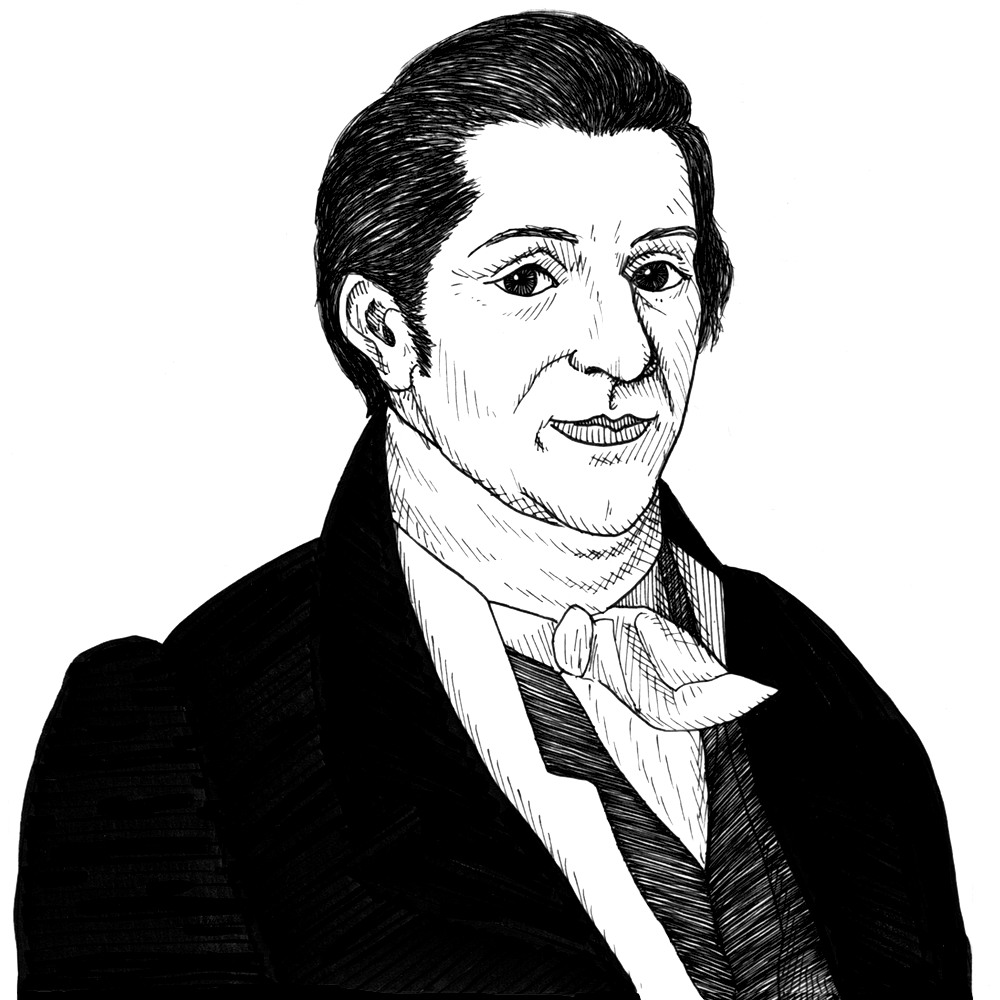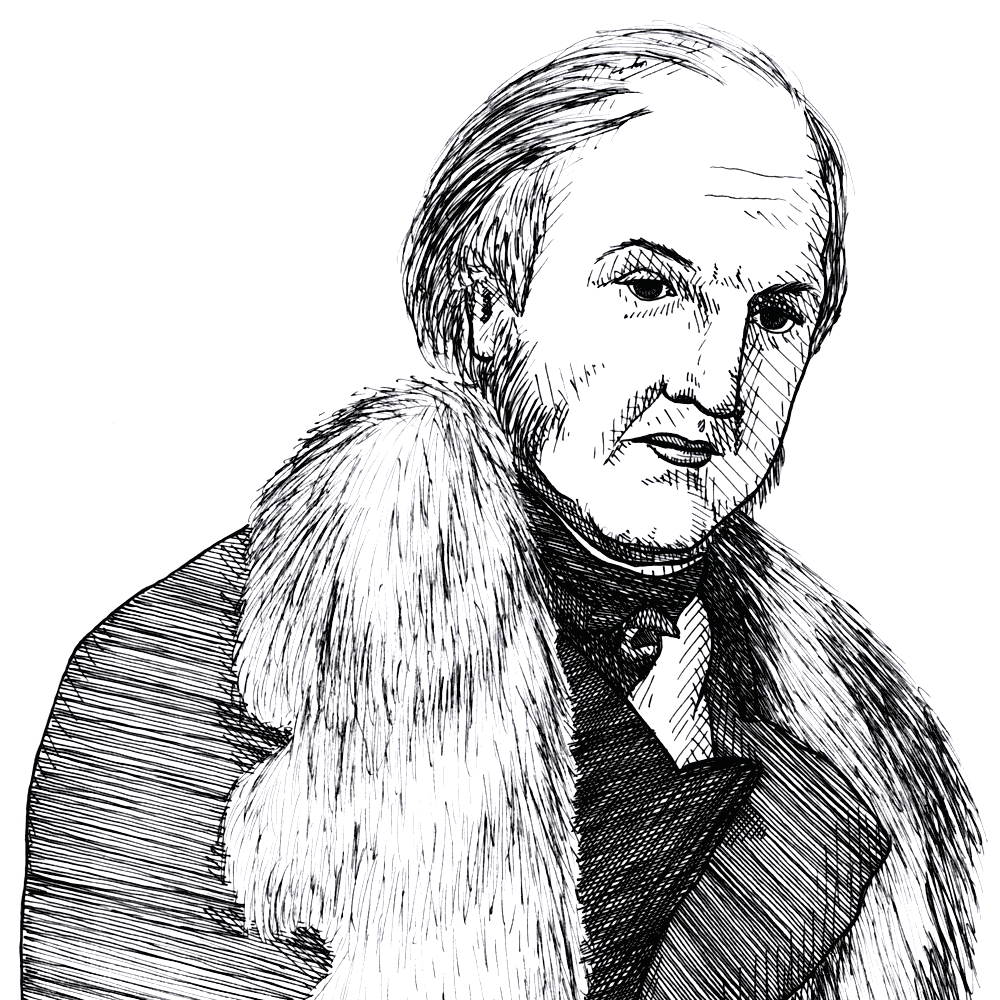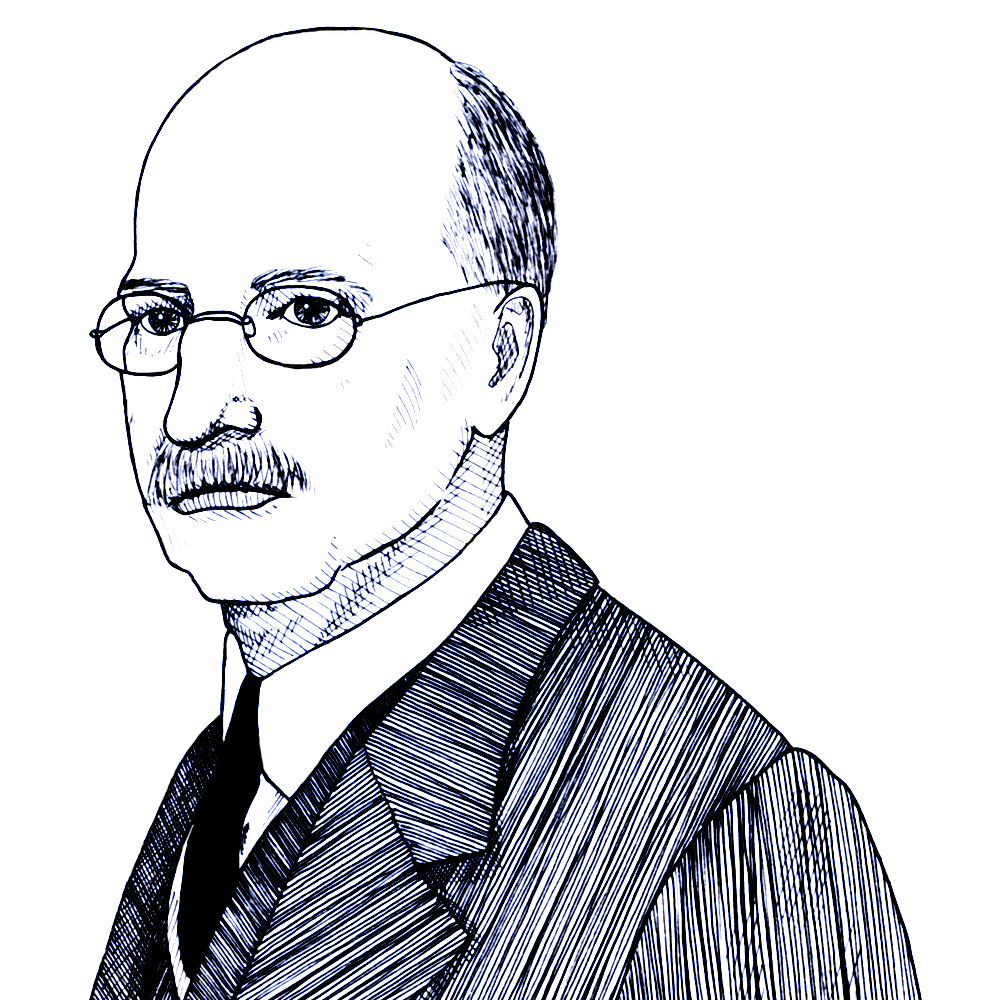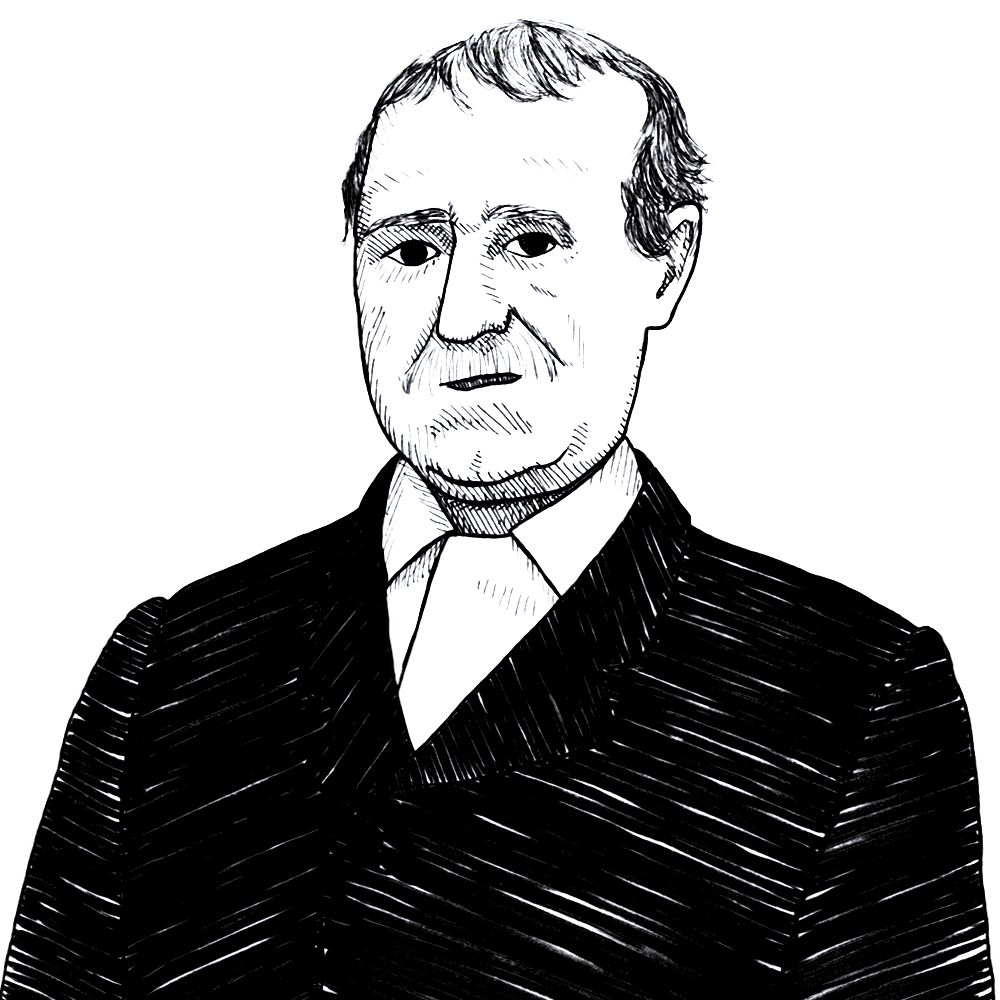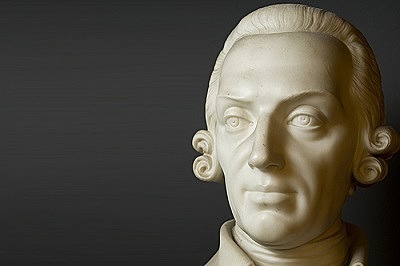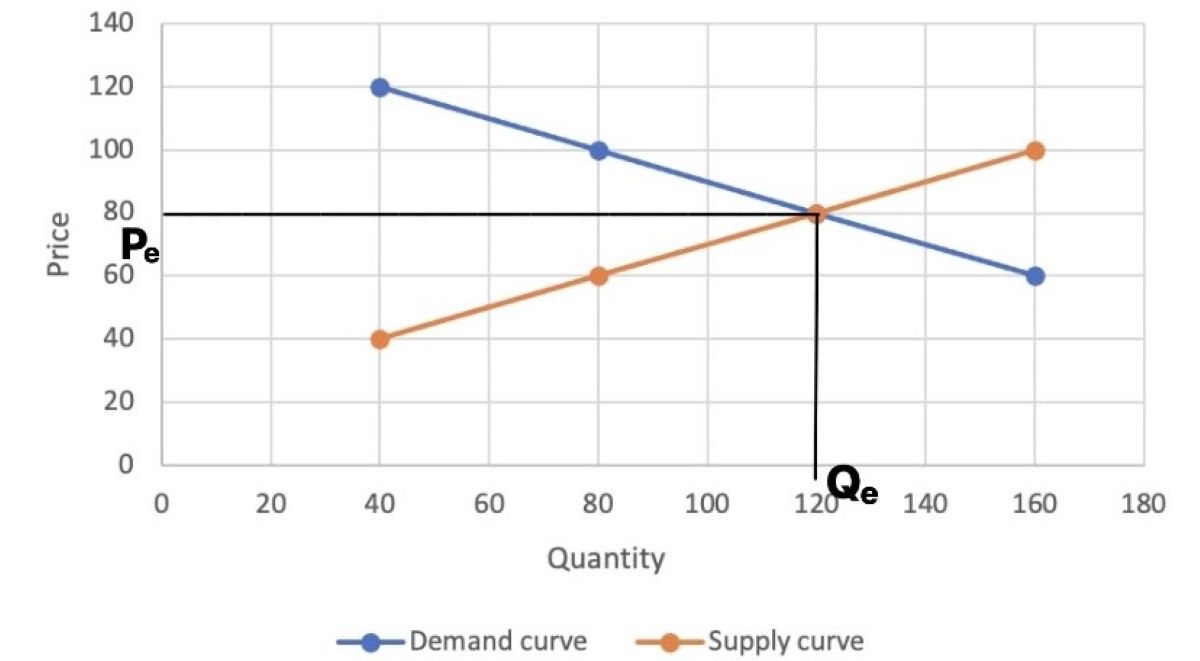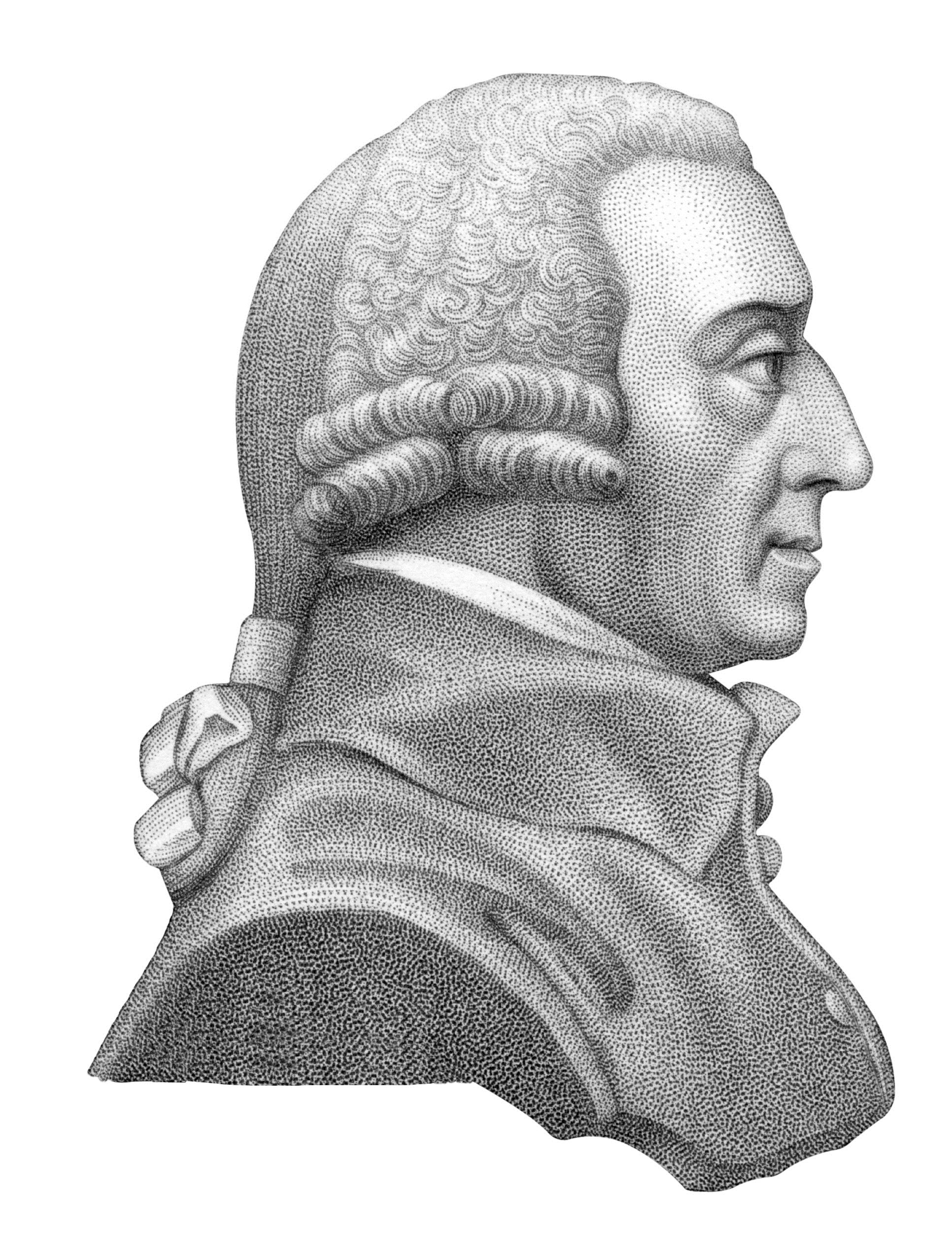Classical School of Political Economy
About this Collection
The Classical School of political economy had its heyday in the period from 1800 to 1850 in England. It can be said to have begun with the writings of Adam Smith and David Hume in the latter part of the 18th century and it continued until well into the late 19th century before the neo-classical school and the marginalists began to replace it. D. P. O'Brien divides the classical school into three groups. Group I was made up of the founders, Adam Smith and David Ricardo. Group II was the most numerous and consisted of Thomas Malthus, Jean-Baptiste Say, James Mill and his son, John Stuart Mill, John Ramsay McCulloch, Nassau Senior, Robert Torrens, Robert Tooke, John Elliot Cairnes, and Henry Fawcett. Group III was made up of numerous lesser figures who were active later in the 19th century. The classical school developed free market economics into a consistent, scientific body of knowledge which quickly became the economic orthodoxy in the first half of the 19th century. Its members were very influential in reforming British government policy especially in the areas of free trade and economic deregulation.
Key People
Titles & Essays

THE READING ROOM
THE READING ROOM

Quotes
Economics
Adam Smith and the Uniform Quest for Betterment
Free Trade
Adam Smith on how “furious monopolists” will fight to the bitter end to keep their privileges (1776)
Taxation
Adam Smith on how governments learn from each other the best way of draining money from the pockets of the people (1776)
Economics
Adam Smith on Inequality Between the Rich and the Poor
Economics
Adam Smith on the greater productivity brought about by the division of labor and technological innovation (1760s)
Economics
Adam Smith on the natural ordering Tendency of Free Markets, or what he called the “Invisible Hand” (1776)
Taxation
Adam Smith on the need for “peace, easy taxes, and a tolerable administration of justice” (1755)
Free Trade
Adam Smith on the “liberal system” of free trade (1776)
Economics
Adam Smith, Employment, and the Advantages to Society
Free Trade
John Ramsay McCulloch argues that smuggling is “wholly the result of vicious commercial and financial legislation” and that it could be ended immediately by abolishing this legislation (1899)
Class
John Stuart Mill discusses the origins of the state whereby the “productive class” seeks protection from one “member of the predatory class” in order to gain some security of property (1848)
Property Rights
McCulloch argues that the right to property extends to “the faculties of (one’s) mind and the powers of (one’s) body” (1864)
Notes About This Collection
Suggested reading on the classical school:
- Alexander Gray, The Development of Economic Doctrine (London: Longmans, Green and Co., 1947).
- The Classical Economists and Economic Policy, ed. A. W. Coats (London: Methuen, 1971).
- Thomas Sowell, Classical Economics Reconsidered (Princeton University Press, 1994).
- D.P. O'Brien, The Classical Economists Revisited (Oxford: Clarendon Press, 2017).
- Pedro Schwartz, The Rebirth of Classical Political Economy at Econlib
- Peter Boettke, Why Read the Classics in Economics? at Econlib
- Essays on Adam Smith’s Political Economy at AdamSmithWorks
